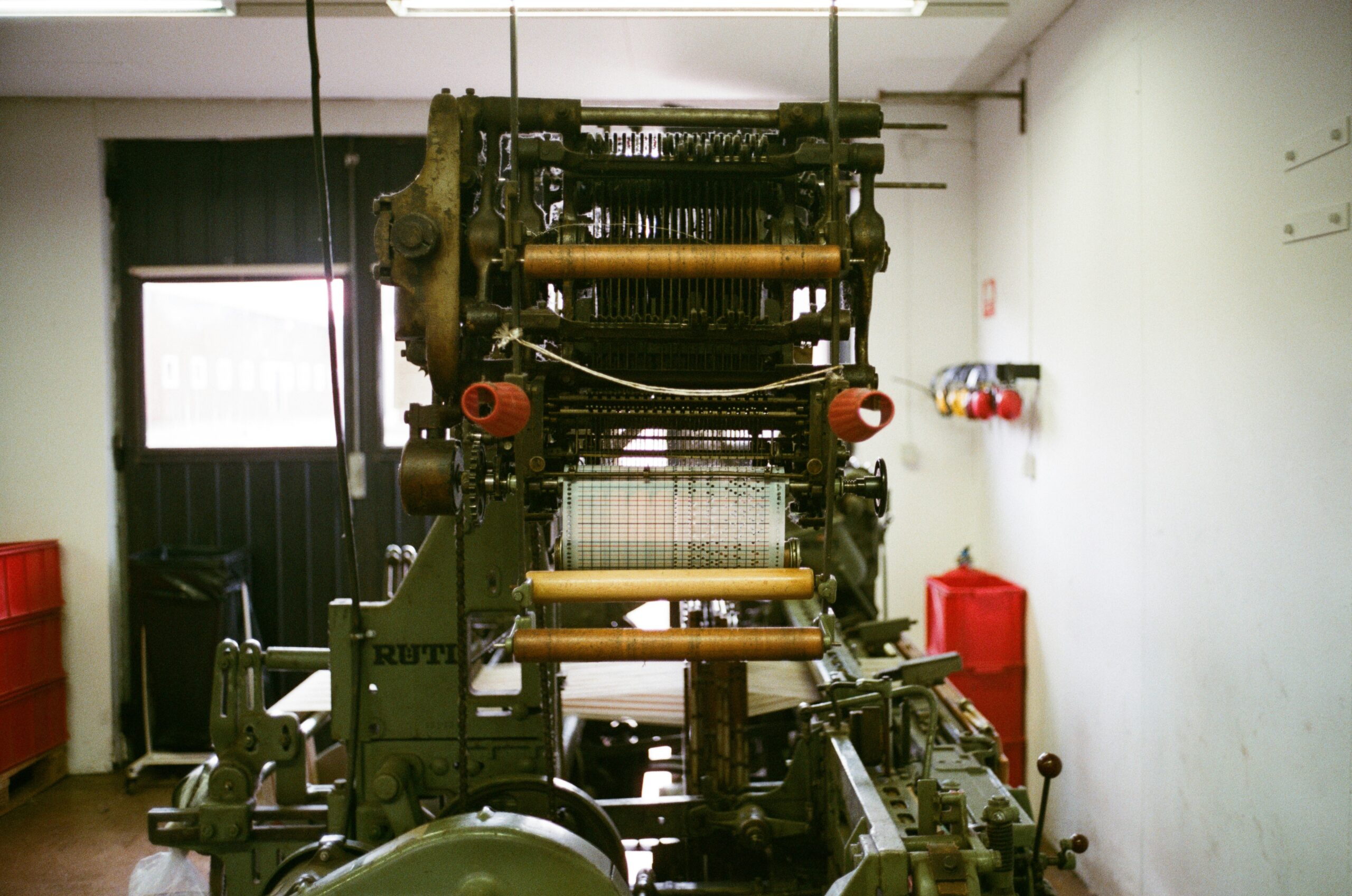Food spoilage is a significant problem in the food supply chain. Every year, millions of pounds of food are wasted due to spoilage. This not only results in financial losses for businesses, but also contributes to environmental degradation and hunger. From a business perspective, ruined fruits, vegetables, dairy products, oils, and more contribute to a huge disruption in operations. Also, delivery of unsafe or inedible products creates a great loss of trust between supplier and their customers.
There are many causes of food spoilage in the supply chain. Poor storage conditions, transportation problems, and lack of communication between businesses can all lead to food waste. Although competent business practices must be maintained when it comes to organizing logistics and keeping everyone informed along the way, a wireless temperature & humidity Bluetooth Smart Sensor in every pallet or cargo container can help.
A High-Tech Way to Manage Food Spoilage Loss
No small gadget will perfectly control the conditions within the supply chain. The air, sea, or land freight company is responsible for proper refrigeration, freezing, or protection against external temperature changes and the environment. As a provider of food or beverage products or ingredients, you do not have any way to make sure these systems function properly.
A wireless temperature & humidity Bluetooth Smart Sensor in your shipment, however, can help protect against serious loss of both products and income. These powerful sensors with Bluetooth connectivity give you real-time updates about the temperature fluctuations or humidity changes that occurred during transport and cargo handling. You will know immediately if your shipment of mangoes, olive oil, or gourmet cheese was exposed to unsuitable conditions.
What Does a BLE Temperature Humidity Sensor Do?
Gadgets like the EELink DB01 BLE temperature humidity sensor may look simple. However, each small device carries a lot of power within the sturdy plastic and metal frame. Besides sensing and measuring temperature and humidity, this and other cold chain sensors also provide additional information important to consumable product sellers. These include light detection, fall and shock detection, and GPS location tracking among other options.
All of this data gathering would mean little without the ability to access it quickly. Old-fashioned sensors collected information but had no way of sending it out to an interested party unless they actually plugged the gadget into their computer back at the office. Today’s temperature and humidity sensor begins have Bluetooth low energy (BLE) capabilities that allow you to access the information from your smartphone or any other gadget. This one is compatible with Android, Windows, or iOS for your convenience.
Best of all, representatives of your organization can track all this important data through a convenient and user-friendly web portal. Access to real-time information provides numerous benefits for companies that only succeed if their temperature or humidity-sensitive products reach their destination in great shape.
Spoilage Losses Cause a Supply Chain Ripple Effect
Of the billions of pounds of wasted food every year, a considerable part of the total comes from supply chain issues. These stretch from the original farm or ranch to the processor or packaging company, into transportation hubs and pathways, and finally to warehouses before arriving at retail locations. Every step along the way involves a risk of spoilage and loss. Some of it may be due to human error and bad handling, but unforeseen breakdowns of freezers or refrigeration equipment, vehicular accidents, and poor communication all play a part.
No matter what the problem is, a single shipment lost to spoilage causes a ripple effect through the entire supply chain. The ruined products need to be disposed of. The origination company needs to replace them as quickly as possible. The logistics and transportation companies need to improve their processes or fix broken equipment. All of these things slow down the entire process. In a world already struggling to maintain effective supply chain speed and efficiency, spoilage has a considerably negative affect.
How Much Food Spoilage Occurs in Transport?
According to the United Nation’s Environment Program and various global agricultural organizations, nearly 15% of all food produced around the world is ruined, spoiled, or lost after it is harvested and before it reaches the retail customer. While temperature and humidity fluctuations are not responsible for all of this, it is still a considerable problem that food producers and transportation companies should focus on. Any reduction in these numbers leads to a better outcome for everyone involved. Farms are able to support their workers better. Logistics companies gain a better reputation and waste less time and fuel. Retailers satisfy their customers much more easily. If a wireless temperature & humidity sensor in every cargo container can help, why not invest in these asset tracking devices?
The inclusion of a simple and affordable BLE temperature humidity sensor in every shipment can erase many of these issues. If your company knows about a problem immediately, it can take steps to rectify it before things get worse. Just imagine if a shipment of food products that require refrigeration rise above accepted temperature levels. Without a sensor on board, you would not know until it reached its destination and was opened up to find the spoiled food. With a sensor, you would recognize the need to replace the shipment much more quickly. You can send another out and thus appease the recipient who is waiting for the products to sell to their customers.
In today’s global economy that focuses on digital data collection and processing more than ever before, even the simplest products require a technical edge to remain profitable. Disruptions in the supply chain and increasing regulations make options like the wireless temperature & humidity Bluetooth Smart Sensor from EELink Tech an essential part of your company’s operations. Help overcome spoilage losses and retain your organization’s reputation as a swift, efficient, and trustworthy source of whatever food or beverage products you provide.






































